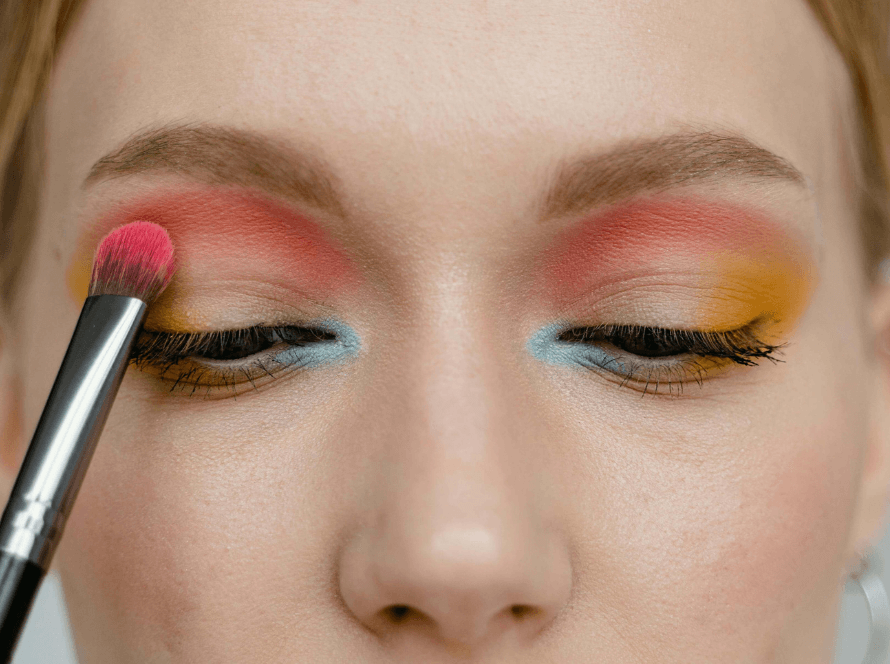Hyperpigmentation is a common skin condition that leads to darkened patches of skin, affecting individuals of all skin tones. It can be a source of frustration, but understanding its causes and the best ways to treat it can help you achieve a clearer, more even complexion. In this article, we’ll explore the different types of hyperpigmentation, effective treatment options, and tailored skincare routines for sensitive skin.
What is hyperpigmentation skin?
Hyperpigmentation occurs when the skin produces excess melanin, the pigment responsible for skin color. This overproduction can be triggered by various factors, including sun exposure, hormonal changes, inflammation, or skin injuries. Hyperpigmentation can manifest as age spots, melasma, or post-inflammatory hyperpigmentation (PIH), each with its unique causes and treatment approaches.
What are the three types of hyperpigmentation?
- Melasma – Often triggered by hormonal changes, such as pregnancy or birth control use. It appears as larger, symmetrical patches on the face.
- Sunspots – Caused by prolonged sun exposure, these spots are typically found on areas frequently exposed to sunlight.
- Post-inflammatory hyperpigmentation (PIH) – Dark spots that form after skin inflammation or injury, like acne or eczema.
How to treat hyperpigmentation skin?
Effective treatment for hyperpigmentation depends on the type and severity. Here are some proven methods:
- Topical treatments – Ingredients like vitamin C, retinoids, niacinamide, and alpha hydroxy acids (AHAs) are powerful for reducing dark spots.
- Chemical peels – Professional peels with glycolic or salicylic acid can help resurface the skin and lighten pigmentation.
- Laser therapy – Targeted light treatments that break down excess melanin.
- Sun protection – Daily use of broad-spectrum SPF 30 or higher to prevent further darkening.
Hyperpigmentation skincare for sensitive skin
For those with sensitive skin, it’s crucial to choose gentle, non-irritating treatments to avoid worsening hyperpigmentation:
- Opt for products with calming ingredients like aloe vera, green tea, and centella asiatica.
- Avoid harsh scrubs or overly aggressive treatments that can trigger inflammation.
- Patch test new products to prevent adverse reactions.
How long does it take for Vitamin C to clear hyperpigmentation?
Vitamin C is a powerful antioxidant that brightens the skin and reduces dark spots. However, results can vary depending on the concentration and consistency of use. Most people start noticing improvements within 4 to 12 weeks.
Does vitamin C get rid of hyperpigmentation?
Yes, vitamin C can effectively reduce hyperpigmentation by inhibiting melanin production and promoting skin regeneration. For best results, use a stable form like L-ascorbic acid in combination with SPF.
How quickly can I fade hyperpigmentation?
The speed of fading depends on factors like the depth of pigmentation and your skincare routine. With consistent treatment, mild cases can improve in a few weeks, while more stubborn pigmentation may take several months.





[…] on a cloudy day, sunburns can lead to discomfort, peeling, and long-term skin damage—including hyperpigmentation and dark […]